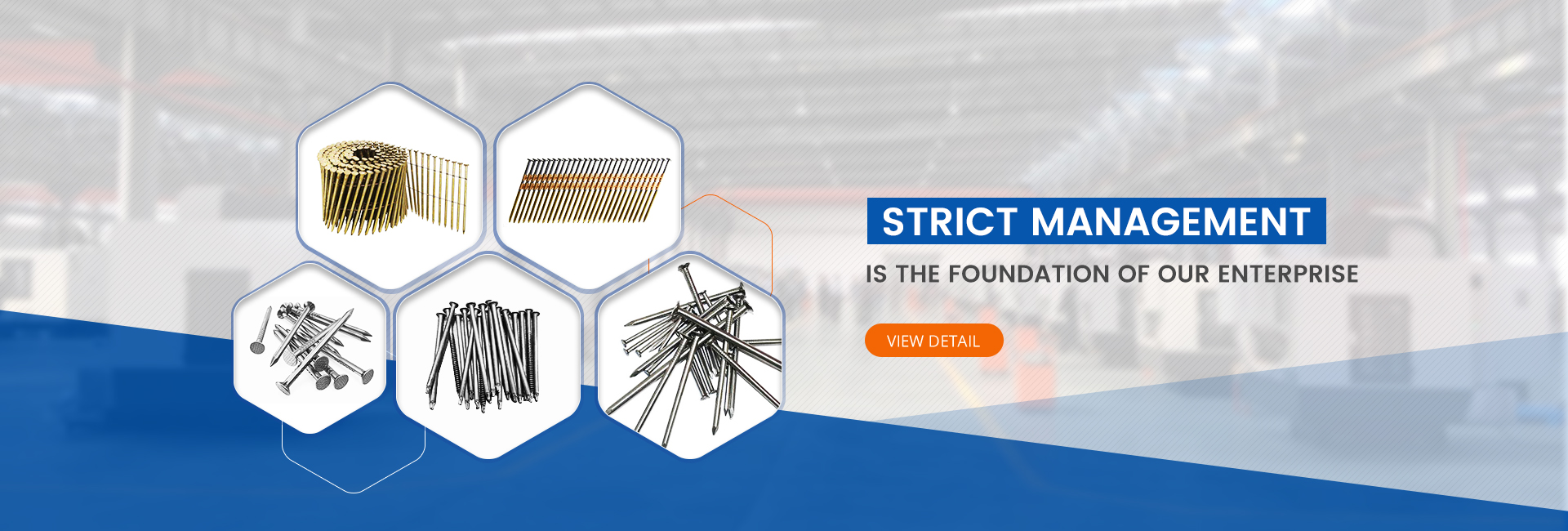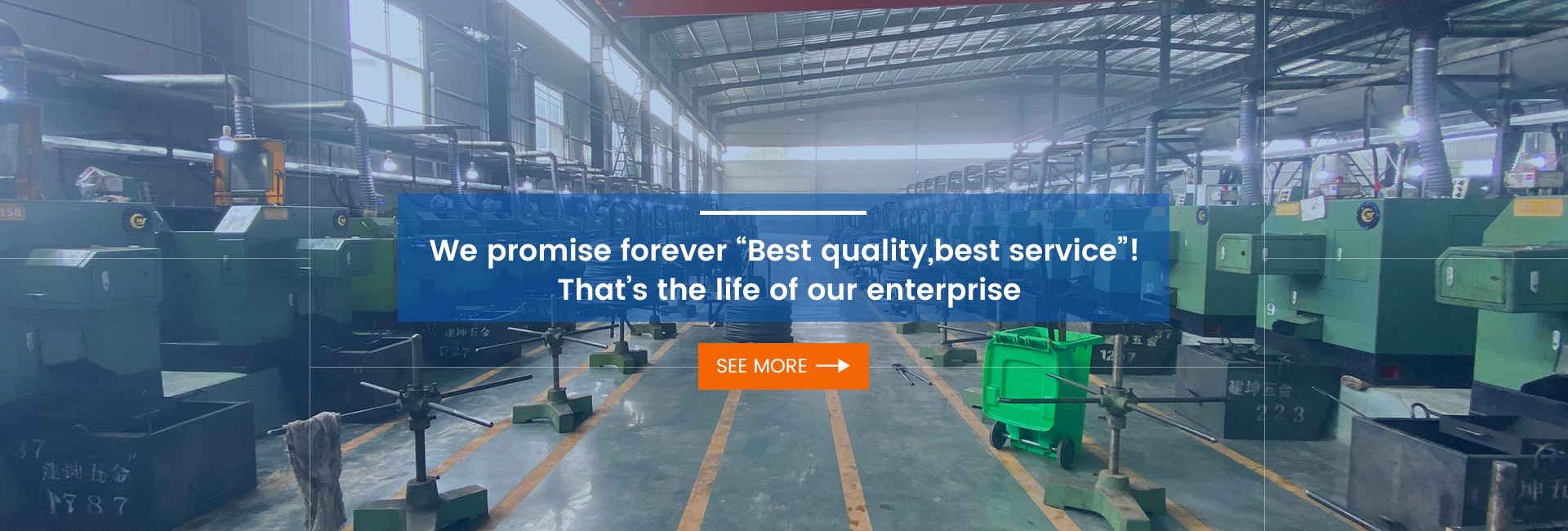Coil nails, also known as collated nails, are widely used fasteners in the construction and manufacturing industries. Unlike traditional single nails, coil nails are typically arranged in a spiral shape and connected by a metal or plastic strip, forming a coil. This design not only makes them convenient to carry and store but also enhances work efficiency. This article will introduce the features of coil nails and their applications across various industries.
1. Features of Coil Nails
a. Efficient Construction
One of the most notable advantages of coil nails is their efficiency in construction. With the nails closely packed and coiled, a specialized nail gun can rapidly perform continuous nailing operations. Compared to traditional hand-nailing, coil nails significantly reduce construction time and labor costs. Additionally, coil nail guns usually have an automatic loading feature, allowing them to hold a large number of nails, thereby reducing the time spent on frequent reloading.
b. Durability
Coil nails are typically made of high-strength steel and are specially treated to offer excellent corrosion and wear resistance. Different surface treatments, such as galvanization or nickel plating, can further enhance the nails’ durability. This makes coil nails reliable in various harsh environments, extending their service life.
c. Diverse Specifications
Coil nails come in a wide range of specifications, allowing users to choose different lengths, diameters, and head types based on specific application needs. For example, coil nails used for wood connections often have larger heads to provide stronger clamping force, while those used for thin metal sheets have smaller heads to avoid material deformation.
2. Applications of Coil Nails
a. Construction Projects
In construction projects, coil nails are widely used for fastening and connecting wooden structures, such as floors, roofs, and wall panels. The rapid nailing feature of coil nails makes them highly efficient in large-scale construction. Additionally, coil nails are often used for auxiliary fastening in steel structures, especially in situations requiring quick temporary fastening.
b. Furniture Manufacturing
Coil nails are also extensively used in furniture manufacturing, particularly for assembling solid wood and composite wood products. Using coil nails not only enhances the structural strength of furniture but also ensures a neat and smooth appearance at the joints.
c. Packaging and Logistics
In the packaging and logistics industry, coil nails are commonly used for making wooden pallets and packaging boxes. Due to their high strength and durability, coil nails can effectively secure packaging materials, ensuring the safety of goods during transportation.
d. Other Industries
Beyond the main applications mentioned above, coil nails are also widely used in other industries, such as automotive manufacturing, shipbuilding, and electrical installation. Their diverse specifications and strong fastening capabilities make them an indispensable fastener in these sectors.
Conclusion
Coil nails, with their efficient construction, durability, and diverse specifications, find widespread application in construction, furniture, packaging, and various other fields. As technology continues to advance, the materials and manufacturing processes of coil nails are constantly improving, making them perform even better in various environments. In the future, coil nails are expected to play a vital role in emerging industries, further driving the development of multiple sectors.
Post time: Aug-02-2024



